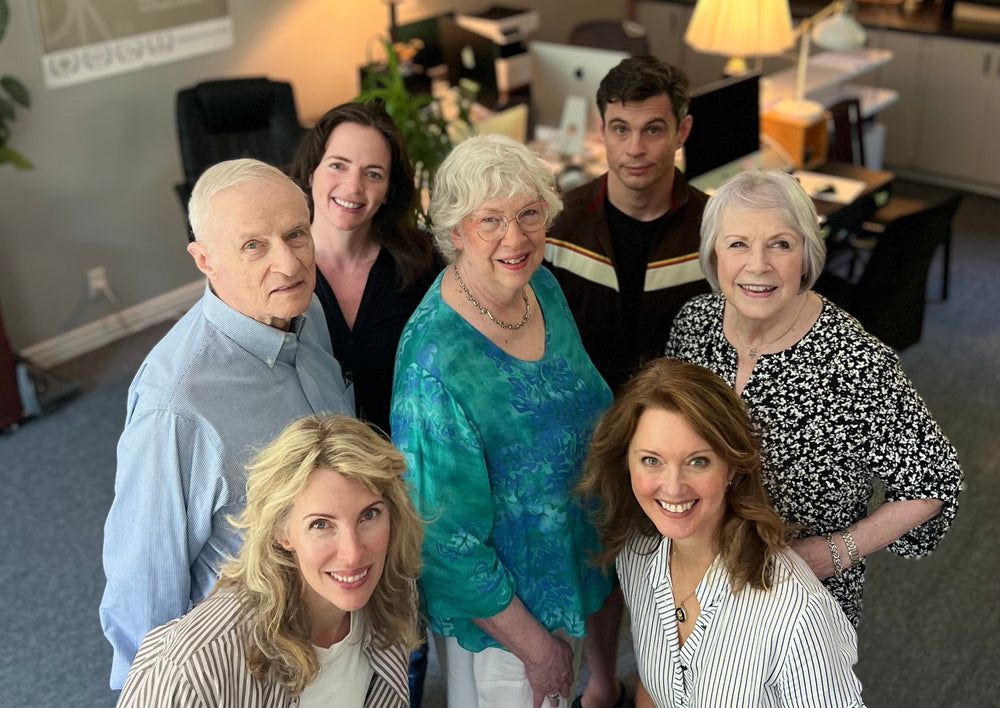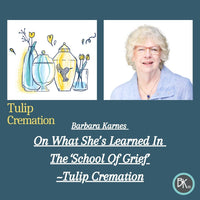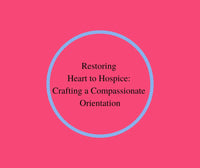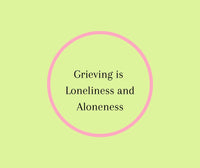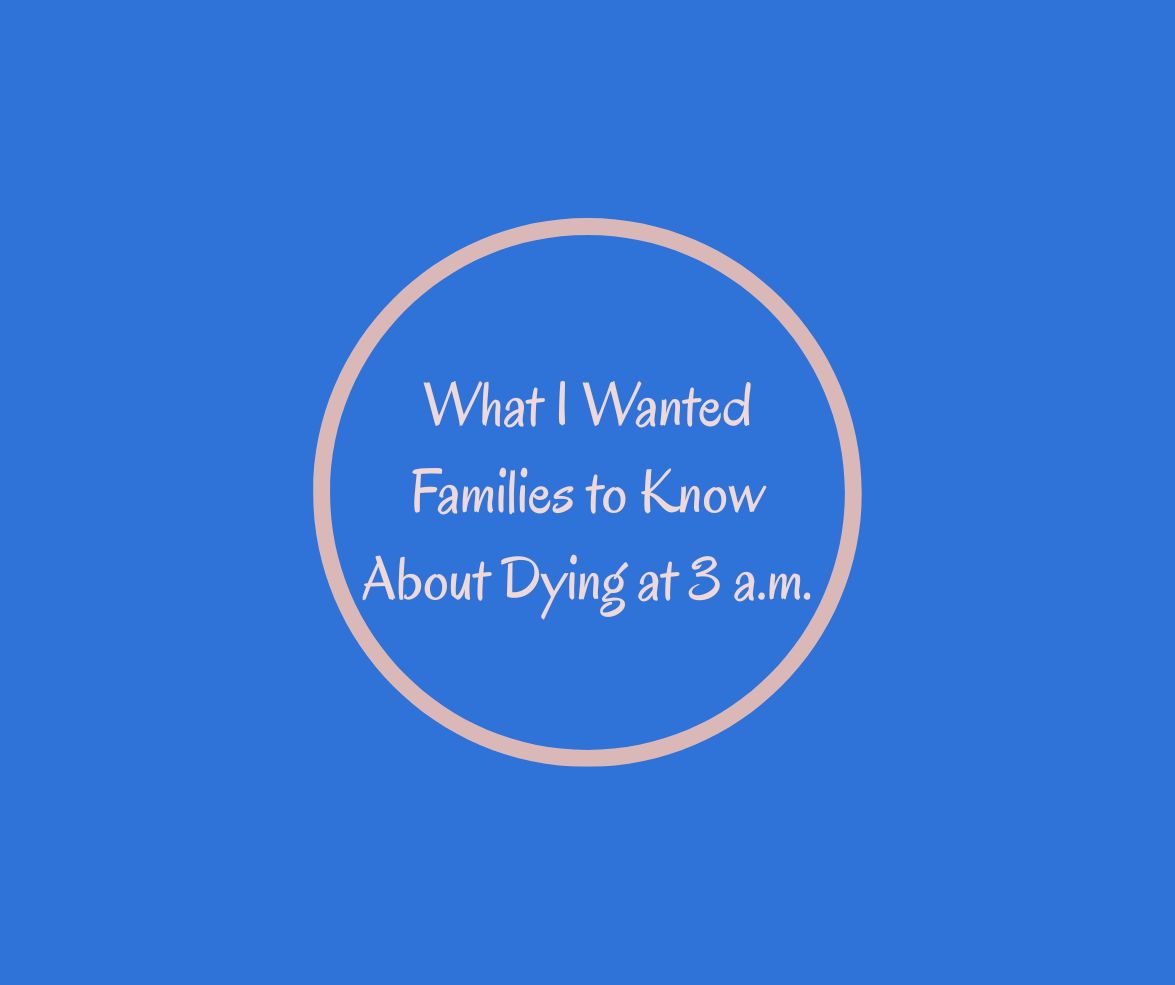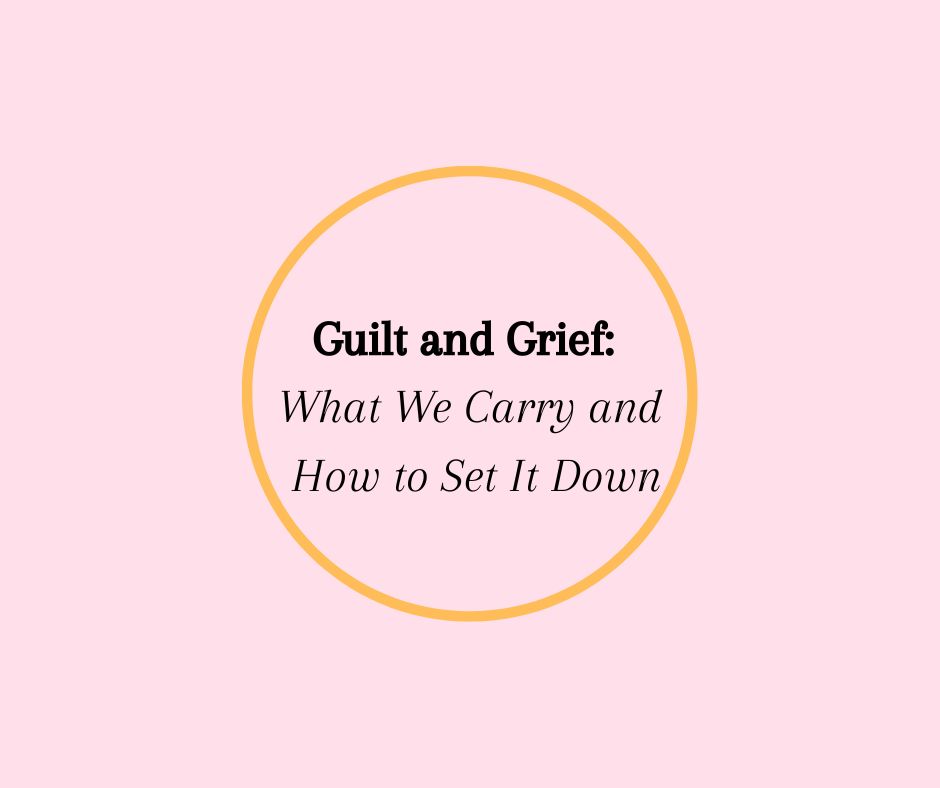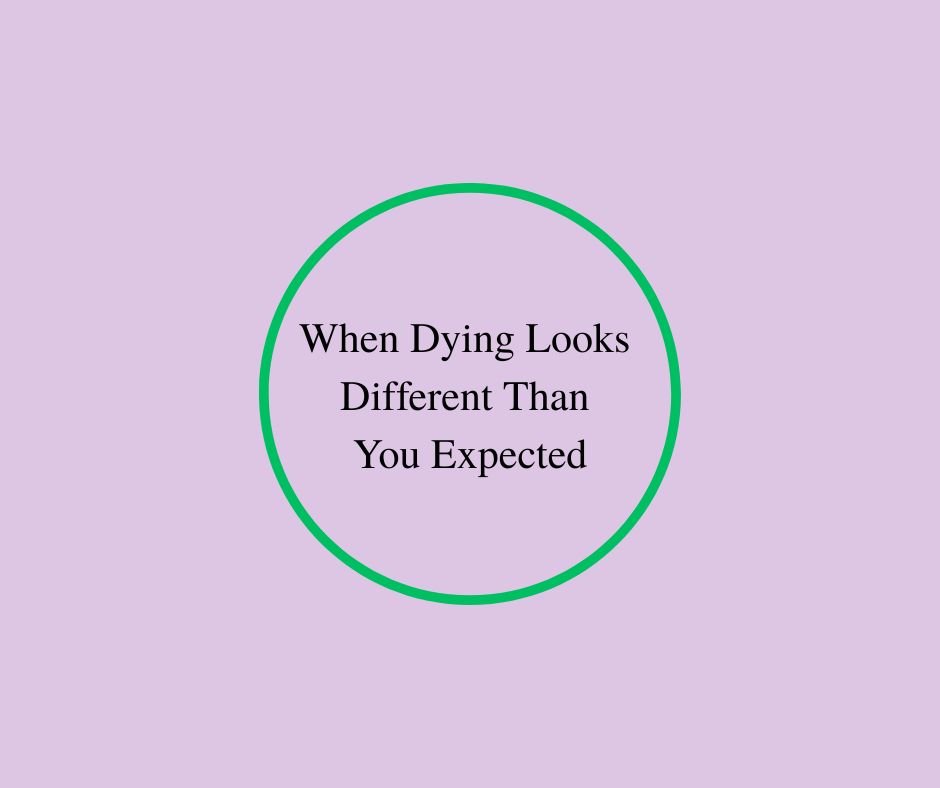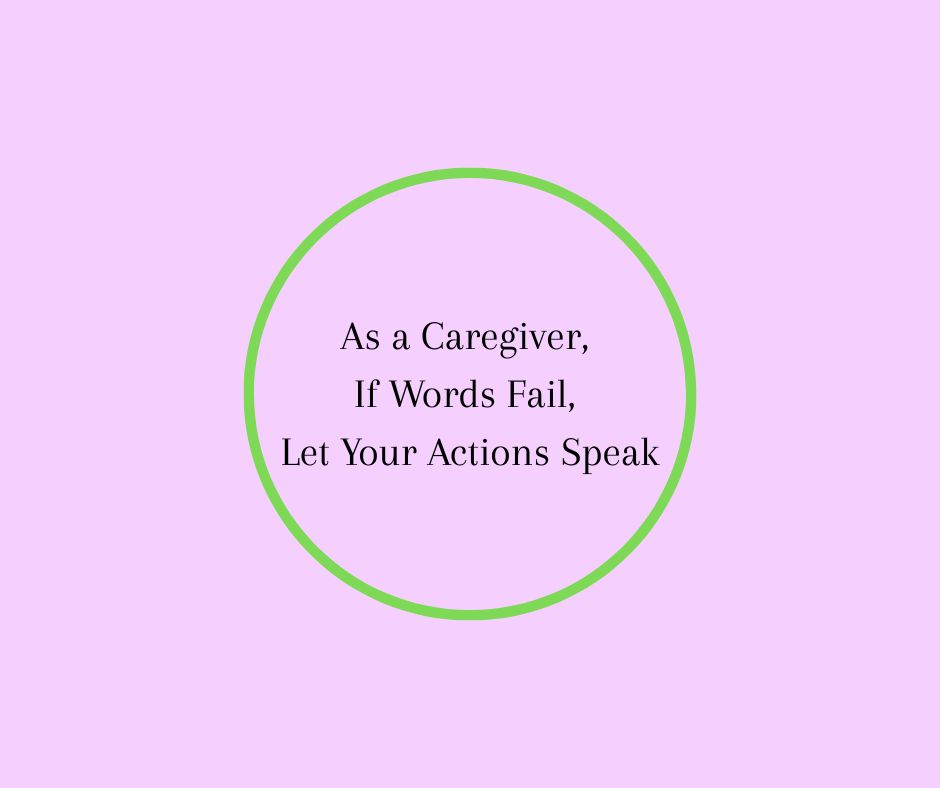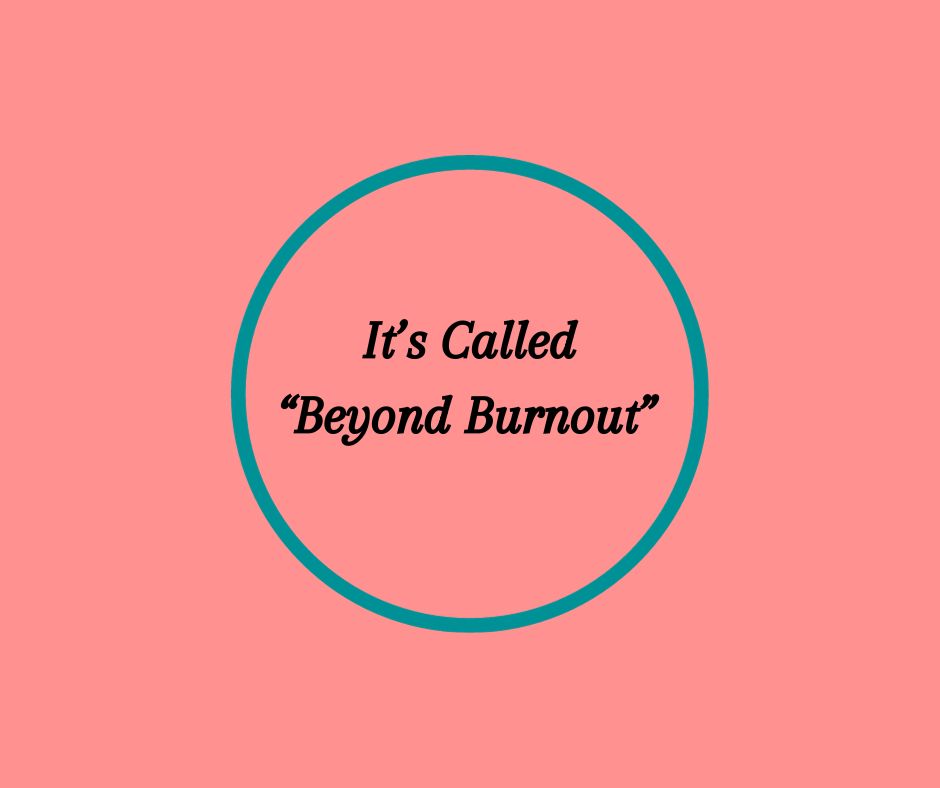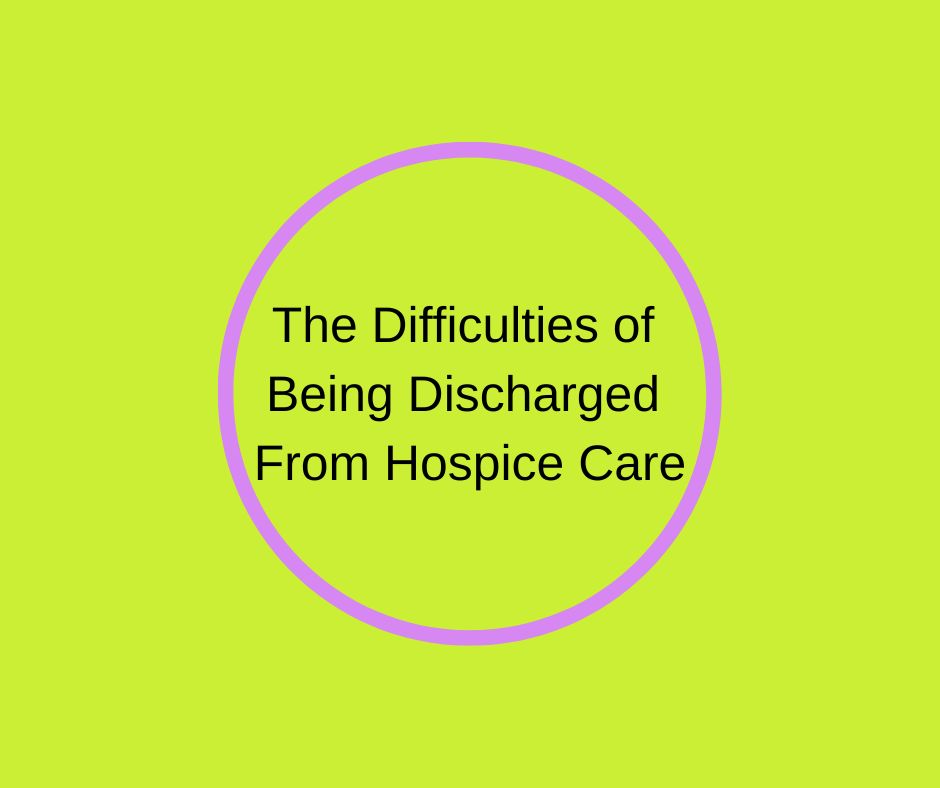
Something to Think About
a blog on end of life
- All posts
- addiction
- advance directive
- alzheimers
- Anger
- anticipation
- anticipatory grief
- Approaching Death
- assisted care
- assisted death
- Assisted Living
- Barbara Karnes
- bereaved
- Bereavement
- burnout
- BY YOUR SIDE A Guide for Caring for the Dying at Home
- cancer
- caregiver
- caregiver fatigue
- caregiver support
- caregiving at end of life
- children
- Clinician
- cna
- comfort care
- communication
- covid 19
- Dame Cicely Saunders
- Death
- death and dying
- death awareness
- death cafe
- death call
- death care
- death doula
- death education
- death midwife
- death of a pet
- death ritual
- dementia
- dementia doula
- diagnosis
- Director of Education
- disease
- DNR
- doctors
- dying
- dying looks different than expected
- dying pet
- dying process
- Dynamics of Dying
- Eating or not eating
- elderly
- Elisabeth Kubler-Ross
- end of life
- end of life doula
- end of life education
- end of life planning
- estate planning
- euthanasia
- family
- family caregiver
- father
- Fear
- Feeding
- Financial records
- Food
- food at end of life
- Funeral
- gift
- Gone From My Sight
- graduating from hospice
- gratitude
- Grief
- Grief Counselor
- grief support
- grieving
- Guilt
- holidays
- Home Care
- home death
- home health
- home healthcare
- Hospice
- Hospice Blue Book
- hospice care
- hospice chaplain
- hospice education
- hospice end of life care
- hospice for pets
- hospice myths
- hospice nurse
- hospice nurses
- hospice patient
- hospice physician
- hospice referral
- Hospice Social Worker
- Hospice Staff
- hospice volunteer
- hospice volunteer training
- hospital
- How Do I Know You ?
- How Do I Know You? Dementia at the End of Life
- Hydration or dehydration
- infant death
- joy
- labor
- labor at end of life
- labor to be born
- life limiting
- life support
- loss
- media
- Medicade
- medical visits
- Medicare
- medication
- medications
- memory care
- midwife
- mindfulness
- moment of death
- morphine
- mother
- My Friend I Care
- narcotics
- New Rules For End Of Life Care
- No Code
- Not Eating
- nurse
- nurses aide
- Nursing facility
- Nursing home
- nutrition
- Old Age
- older pet
- orientation
- oxygen
- pain
- pain at end of life
- pain management
- pain relief
- palliative care
- palliative sedation
- pandemic
- peace
- personality
- Pet death
- Pet illness
- physician
- podcast
- POLST
- prepare for death
- quality of life
- religion
- Retirement Home
- ritual bath
- RN
- sacred
- self care
- seniors
- signs of approaching death
- sleep
- Social Worker
- spanish grief literature
- stages of grief
- sudden death
- Suicide
- Supervisors
- support
- terminal
- terminal agitation
- terminal diagnosis
- terminal illness
- terminal restlessness
- The Eleventh Hour
- The Final Act of Living
- This Is How People Die
- Time
- Time of Death
- trauma
- treatments
- vigil
- visions
- volunteer
- volunteers
- washing the body
- widow
- widowhood
- wife
- Will
- You Need Care Too
Years ago, a 3 a.m. hospice call changed the way I thought about caring for families at the bedside.It led me to write down what I wanted families to know...
In the final days and hours, a person may “wait” for someone to arrive—or let go when everyone is out of the room. Hospice nurse Barbara Karnes, RN, explains the...
Guilt is part of love’s shadow — the echo of what we wish we’d done differently. Healing begins when we release that burden and let how we live now be...
Most of us imagine dying will be quiet and peaceful, but real dying often looks different. Nothing bad is happening — the body is doing the natural work of letting...
Relationships are challenging. We don’t always get from them what we want or need. As death comes, the yearning for what we didn’t get or have with this person increases...
It is hard to comprehend that our special person will die no matter what we do. No matter how many treatments, how much medicine, or how much food we give,...
Why do we hang on to life so desperately? Because it is all we really know. Yes, some of us have spiritual beliefs, that talk of “another life."
Doctor’s office visits for health issues are scary, often confusing, and too often complicated with medical terms we don’t understand. And we are generally ill or have health issues that...
I’m going to share with you the thoughts of last night so you can get a picture of how this daily review works for me. Hopefully you will think it is...
What do you say to someone to get them to accept hospice? Well, one thing to say after explaining the services hospice offers is to ask what they think will...
It will never be “okay” for someone we care about to die, to leave us. We will always want those we care about to stay in our lives...
Death from disease and old age doesn’t just happen. There are signs and changes that begin occurring months before death arrives. You can use those signs as a reference indicating...
If I could sit beside you at the bedside, this is what I would place in your hands. Whether you’re a family member, a friend, a caregiver, or an end-of-life...
Other people seem cheerful, happily planning holiday delights, and we, the grievers or caregivers, are reminded of what we don’t have, of what we’ve lost or are losing...
My hope in writing this blog is to draw our attention to the “unsung heroes” caring for their special person as end of life approaches, as well as to those caring...
I think a big part of grieving is loneliness. Loneliness for our person who has left us but also aloneness in our day to day activities...
...That caregivers put so much energy, time, love, and concern into taking care of their person that they can become blind to or just plain don’t want to see the...
We tend to live our lives like gerbils on a wheel, going round and round but really going nowhere. Day in and day out, same old, same old, fall into...
Why is the patient being discharged, you ask? Is it because the patient just didn’t decline as rapidly as expected? Yes, that can be the situation...
I knew all the signs of approaching death, of labor beginning. What I didn’t know was how much we don’t want to see those signs, and by not wanting to see them,...
Addressing the timelines of approaching death also neutralizes the false hope that our person will get better, that there is more time.




